Research and education with global reach
Together with world-class institutions and the world's top universities, Science Tokyo offers educational programs that enable students to acquire a high level of international competence. The institute aims to advance science and technology, develop human resources, and lead global research.
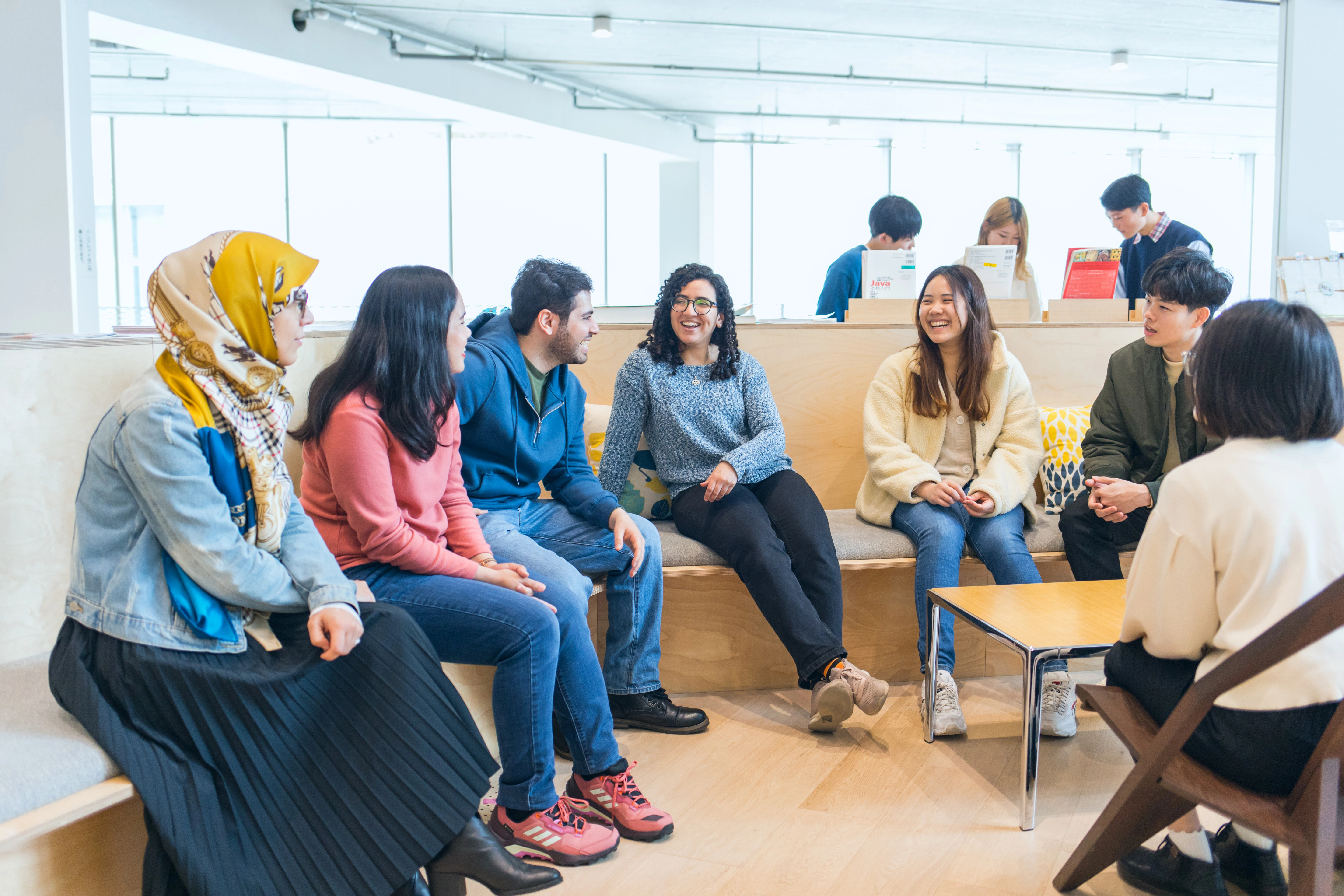
Leadership in Asia
ASPIRE League
ASPIRE League is the consortium of the top 5 science and technology universities in Asia. By forming a hub of innovation in Asia, the consortium aims to contribute to the realization of a sustainable world. By establishing a network of world-class science and engineering universities, it promotes academic exchange among students and researchers.
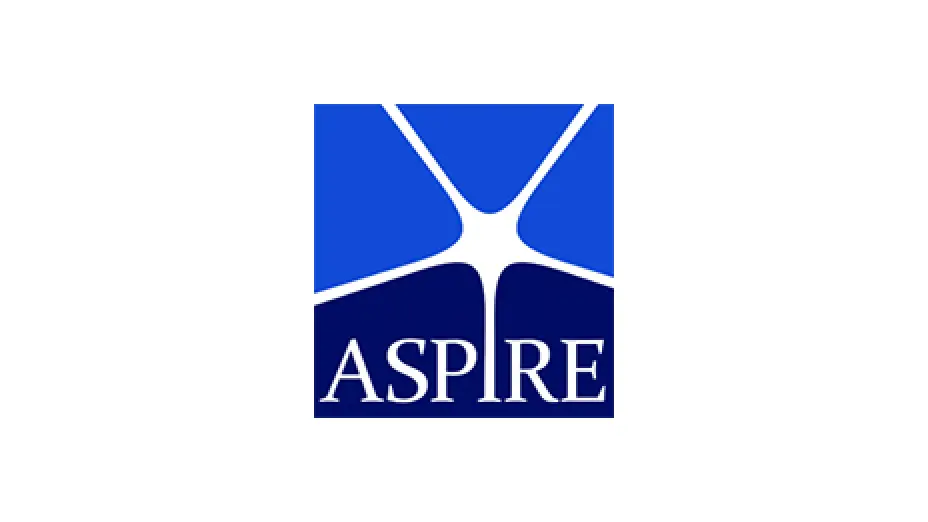
Exchanges with leading Asian universities
CAMPUS Asia Plus
Through student and research exchanges with Tsinghua University (China), Korea Advanced Institute of Science and Technology (Korea), and Nanyang Technological University (Singapore), we are deepening collaboration among the best science and engineering universities in Asia. Through inter-university cooperation, we aim to raise the standard of higher education in Asia and nurture promising leaders.
Joint graduate program with Tsinghua University
The dual master's degree program allows students to obtain two degrees. Since 2004, it has trained excellent science and technology personnel who are familiar with the culture and customs of both Japan and China.
Collaboration with universities, research institutes, companies
Collaboration and exchange with overseas bases
In collaboration with overseas universities, research institutes, and companies, we enhance the quality of education and research by promoting international educational programs and uncovering the seeds of international joint research at Science Tokyo's overseas bases.
Examples:
Workshop and symposium with RWTH Aachen University
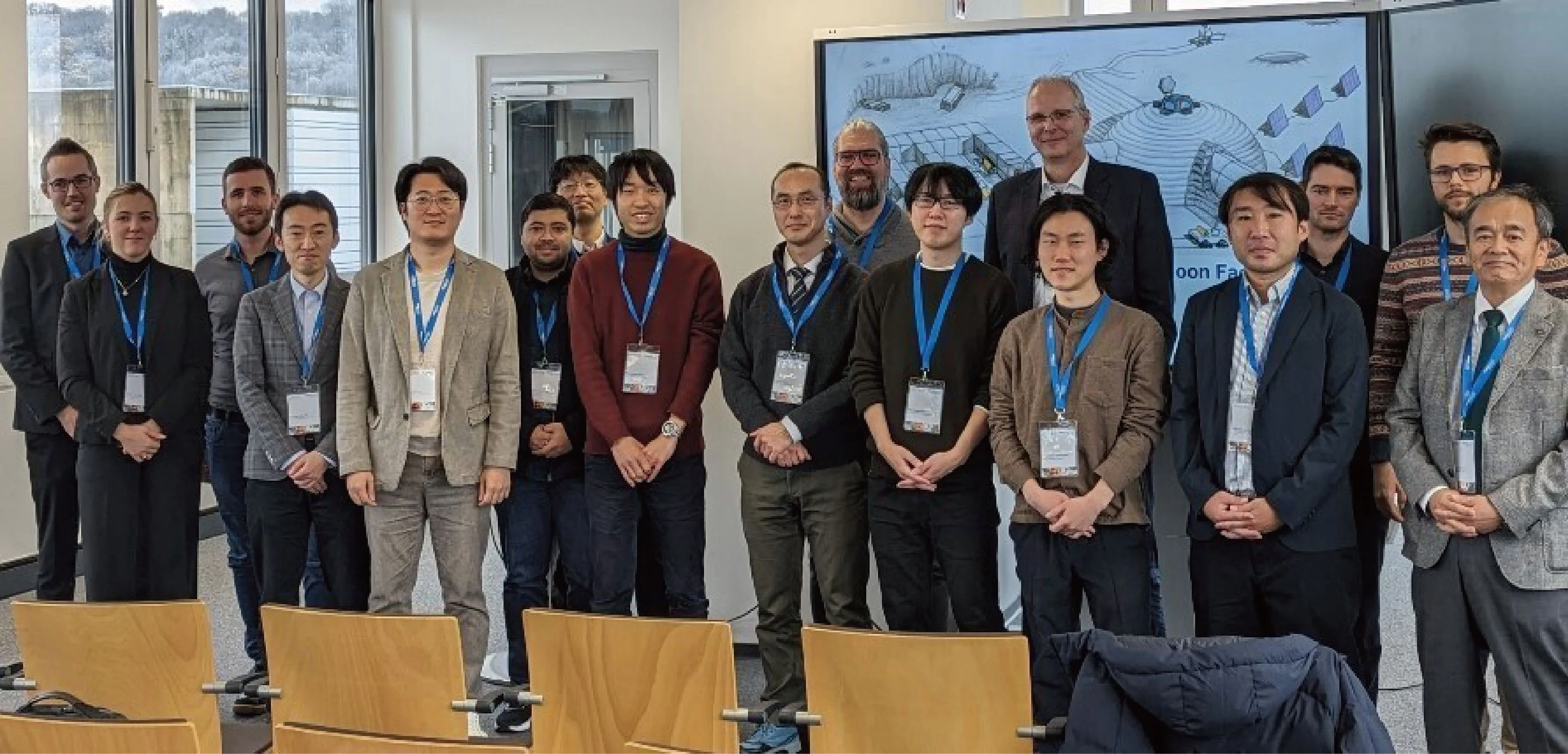
Driving worldwide medical-industrial collaboration
The Global Consortium of Innovation and Engineering in Medicine
The Consortium which is formed with universities, government agencies and private partners provides a global network for the development of medical education, fosters global collaborative research, promotes international exchange, and hosts an annual international summit through collaboration and innovation between medicine and engineering. Science Tokyo is a founding member of the Consortium.
The Global Consortium of Innovation and Engineering in Medicine
Programs with Imperial College London
Global Fellows Programme for doctoral students
Through mixed group discussions, field trips, poster presentations, etc., the program aims to develop leadership, interdisciplinary and communication skills as a researcher, collaboration with researchers from various fields, acquisition of perspectives outside of one's specialty, cross-cultural exchange, and network building. (science and technology)
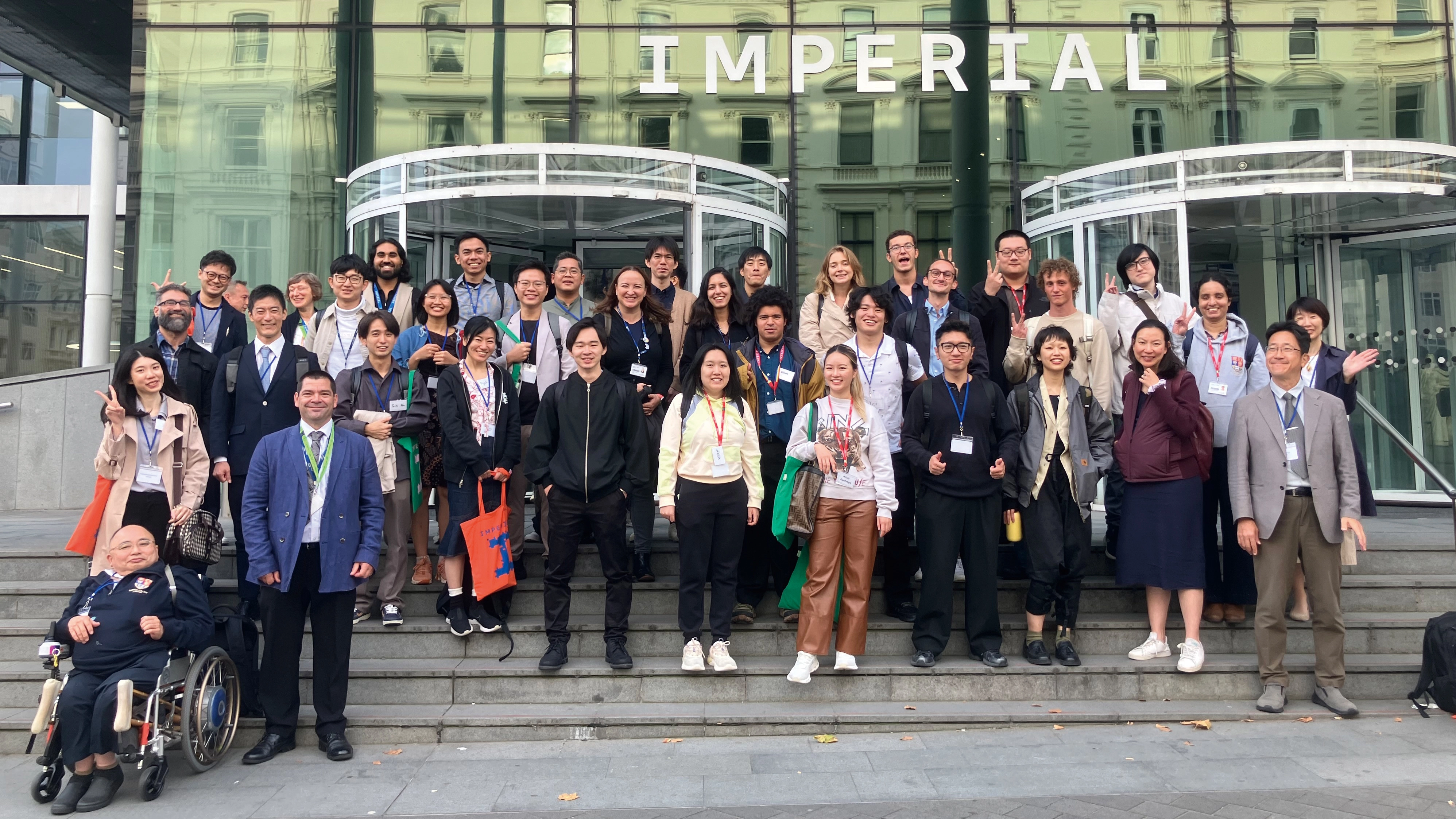
Intercalated Bachelor of Science programme
The program aims to cultivate an international mindset and intellect that can be used on the world stage by participating in systematic scientific education and discussions at world-class universities and engaging in "serious study abroad" for about one year to earn a degree. (medicine and dentistry)
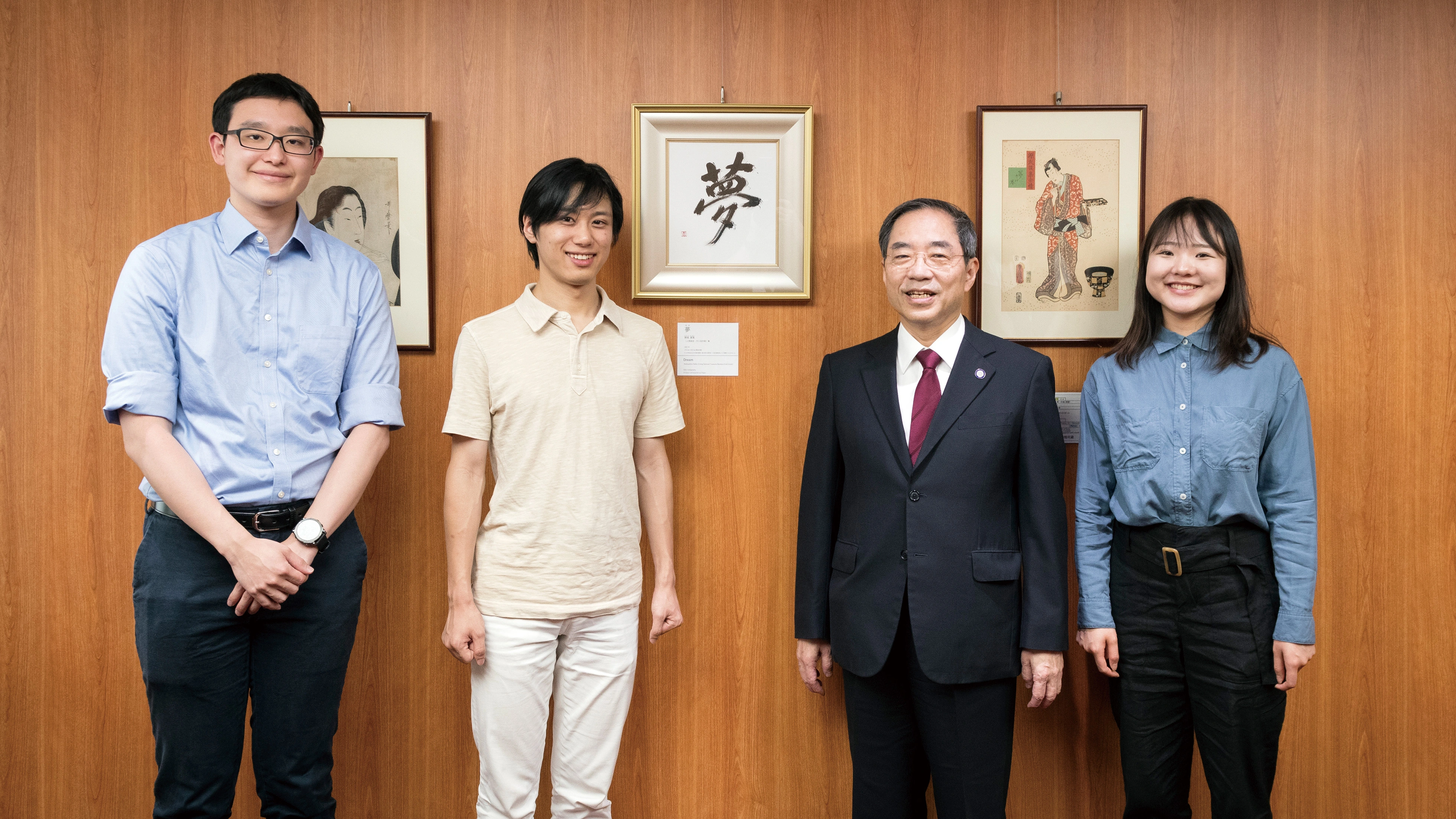
Programs with Harvard University
Clinical training through teacher training and credit transfer
In 2002, a medical education affiliation agreement was formed with HMI (Harvard Medical International), currently PHMI (Partners Harvard Medical International) , and PIMS (Partners International Medical Services) in 2012. The agreement provides medical students with opportunities for clinical training at Harvard Medical School-affiliated hospitals on a credit transfer basis. (medicine and dentistry)
Clinical training through teacher training and credit transfer (Japanese only)
Strengthening international competencies for developing and exploring new value
Global Education Option (GEO)
The GEO is designed to help students enhance their international competencies through synergy with foresight, leadership, value creation, and career development. The curriculum emphasizes practical training and experiential learning, offering courses in collaborative problem-based learning (PBL) with international students, international experiences including study abroad programs, and foreign language communication.
The information published is effective as of October 2024.
- The text of this article has been updated on November 18.